November 2022
/Excerpt below from the November 2022 Kaleidoscope column in The British Journal of Psychiatry (BJPsych). You can read the full column for free here
Medication non-serious adverse events (NSAEs) are common yet frequently overlooked in the scientific literature. Chevance et alReference Chevance, Tomlinson, Ravaud, Touboul, Henshall and Tran1 conducted an international survey of patients and clinicians (available in English, French and German) to identify the most important antidepressant NSAEs. Overall, this included 1631 patients with severe depression (four-fifths of whom were women) and 281 healthcare professionals (HCPs, four-fifths of whom were psychiatrists) from 44 countries. The most important NSAEs for patients, in order of frequency, were deemed to be insomnia, anxiety, fatigue, weight gain, agitation and sexual dysfunction. There was considerable heterogeneity insofar as no NSAE was selected as being in the top three by more than a quarter of participants, with the sole exception of insomnia. Interestingly, neither depression severity nor whether one was taking medication at the time had any impact on rankings. For HCPs, the order was: sexual dysfunction, weight gain, erectile disorders, sleepiness, agitation and nausea. Further clinically important issues included emotional numbing and problems with concentration. Of course, survey data always come with significant caveats, not least via the issue of potential selection bias. Nevertheless, the authors note that discussions with those in real-world clinical settings should occur more often and call for more systematic collection of these ‘less severe’ but very real and common problems. Research trials need to pay more attention to these important factors.


